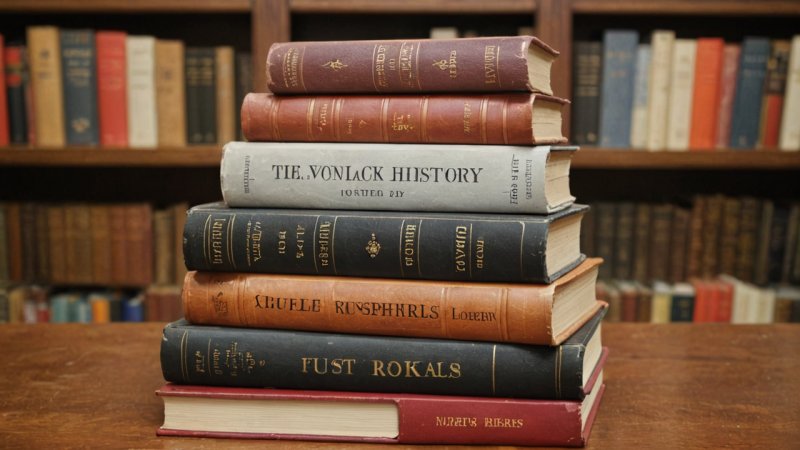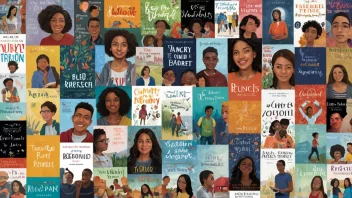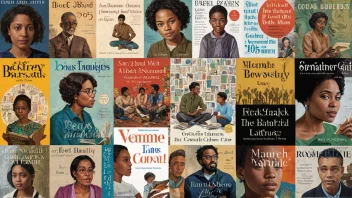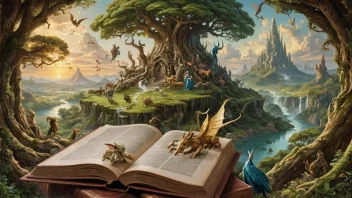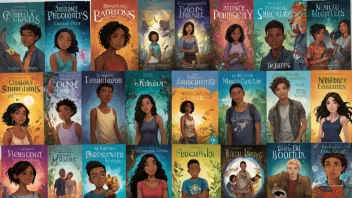Understanding history is essential for grasping the context of our present and future. Non-fiction literature offers invaluable insights into the events that have shaped human civilization. Here are some of the top non-fiction books that provide a comprehensive understanding of history, allowing readers to delve into various epochs and cultures.
1. **Sapiens: A Brief History of Humankind by Yuval Noah Harari** - This groundbreaking work spans the entirety of human history, from the emergence of Homo sapiens to the present day. Harari examines how biology and history have intertwined, shaping our social structures, economies, and cultures. With engaging prose and thought-provoking questions, this book challenges readers to consider what it means to be human.
2. **Guns, Germs, and Steel by Jared Diamond** - Diamond's Pulitzer Prize-winning book explores the factors that led to the unequal distribution of wealth and power across different societies. He argues that environmental and geographical factors, rather than racial or cultural superiority, have played crucial roles in shaping the world. This book is essential for understanding global development patterns.
3. **The Diary of a Young Girl by Anne Frank** - This poignant first-person account of a Jewish girl hiding from the Nazis during World War II provides an intimate look at the horrors of war and the resilience of the human spirit. Anne Frank’s diary offers readers a deeply personal perspective on history, showing the impact of events on individual lives.
4. **The Silk Roads: A New History of the World by Peter Frankopan** - Frankopan's re-examination of history highlights the significance of the East in shaping global trade and cultural exchanges. By shifting the focus from the West, he reveals how the Silk Roads fostered connections between civilizations and influenced the course of events throughout history.
5. **A People's History of the United States by Howard Zinn** - Zinn presents an alternative narrative of American history, focusing on the experiences and struggles of marginalized groups. This book challenges traditional historical narratives and encourages readers to consider the voices often left out of mainstream history.
6. **The Warmth of Other Suns by Isabel Wilkerson** - Wilkerson chronicles the Great Migration, the movement of millions of African Americans from the South to the North and West. Through personal stories and meticulous research, she illustrates the profound impact of this migration on American society and culture, making it a vital read for understanding contemporary racial dynamics.
7. **The Immortal Life of Henrietta Lacks by Rebecca Skloot** - This compelling narrative weaves together the story of Henrietta Lacks, whose cells were taken without her knowledge and became one of the most important tools in medicine. Skloot examines issues of ethics, race, and medical research, providing a historical context that is both enlightening and troubling.
These books represent just a fraction of the vast non-fiction literature available on history. Each offers unique perspectives and insights, encouraging readers to think critically about the past and its implications for today. By exploring these works, readers can develop a deeper appreciation for the complexity of historical events and their impact on our world.
Unlocking the Past: Must-Read History Books
Explore essential non-fiction works that provide valuable insights into the events that have shaped human civilization and our understanding of history.
